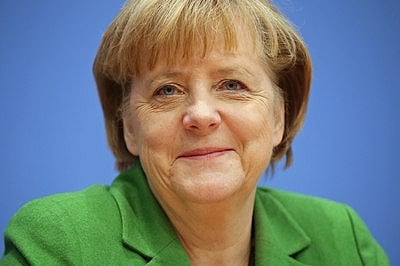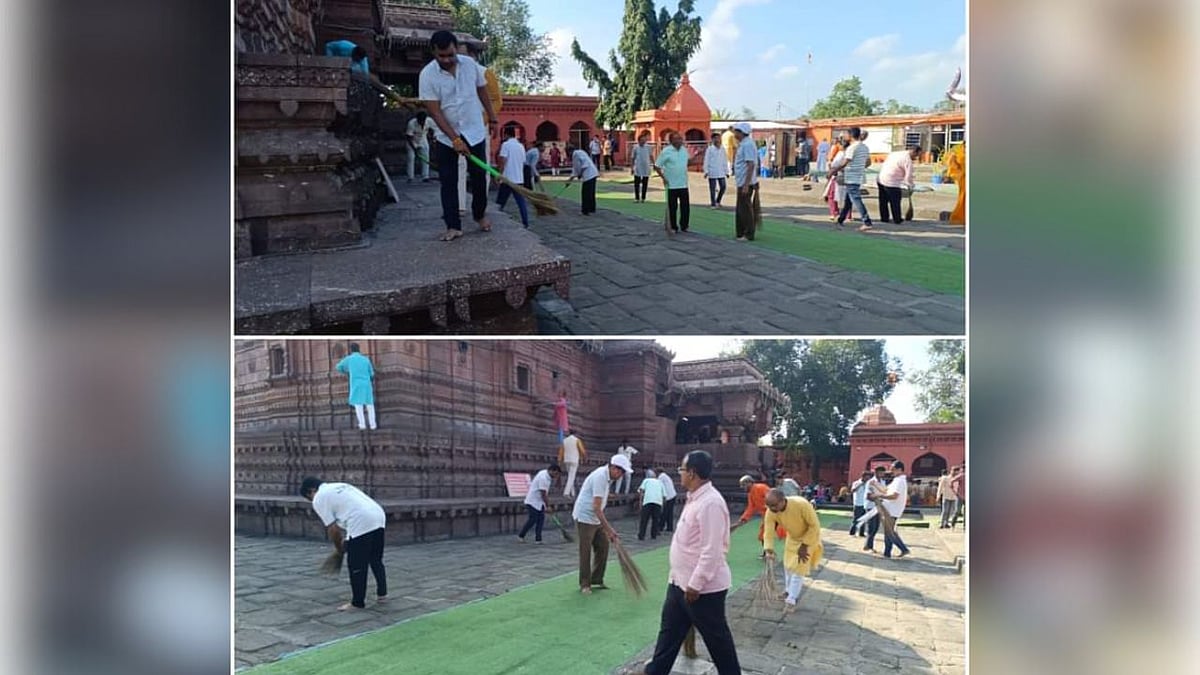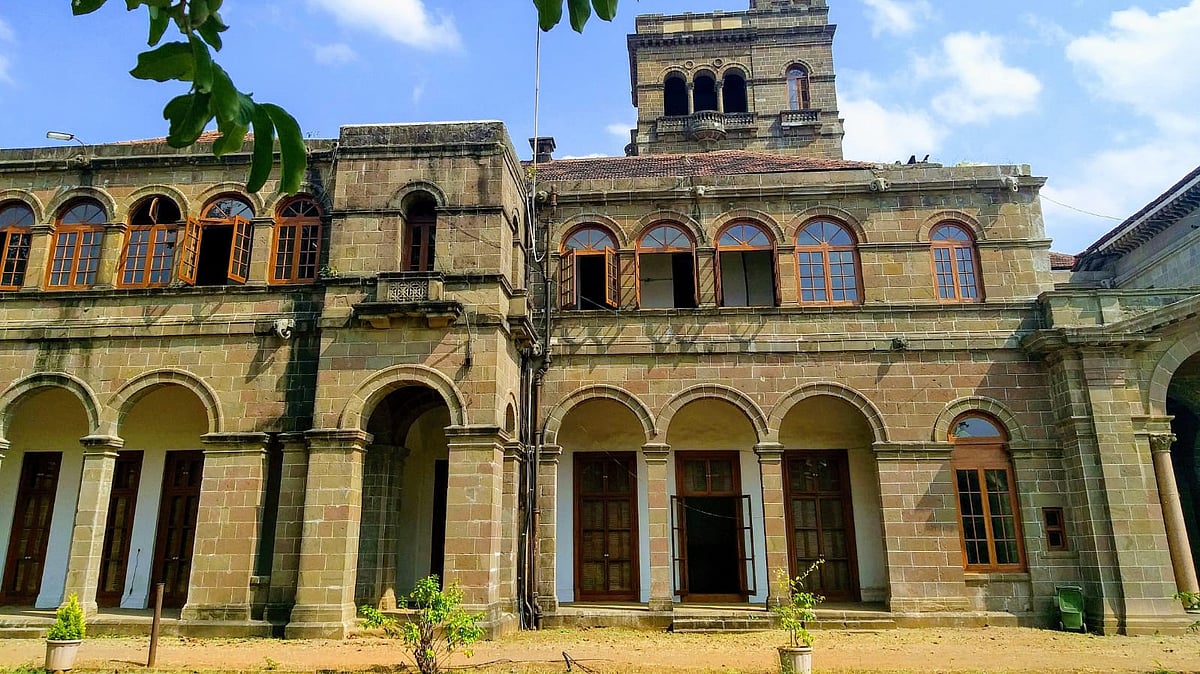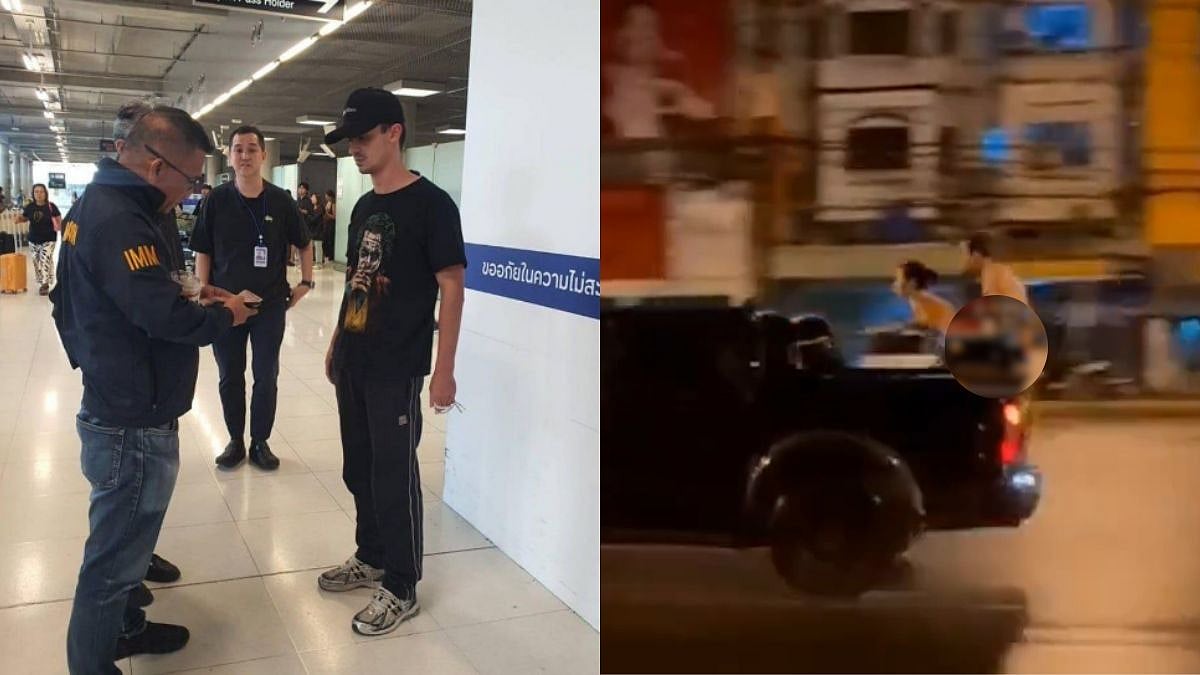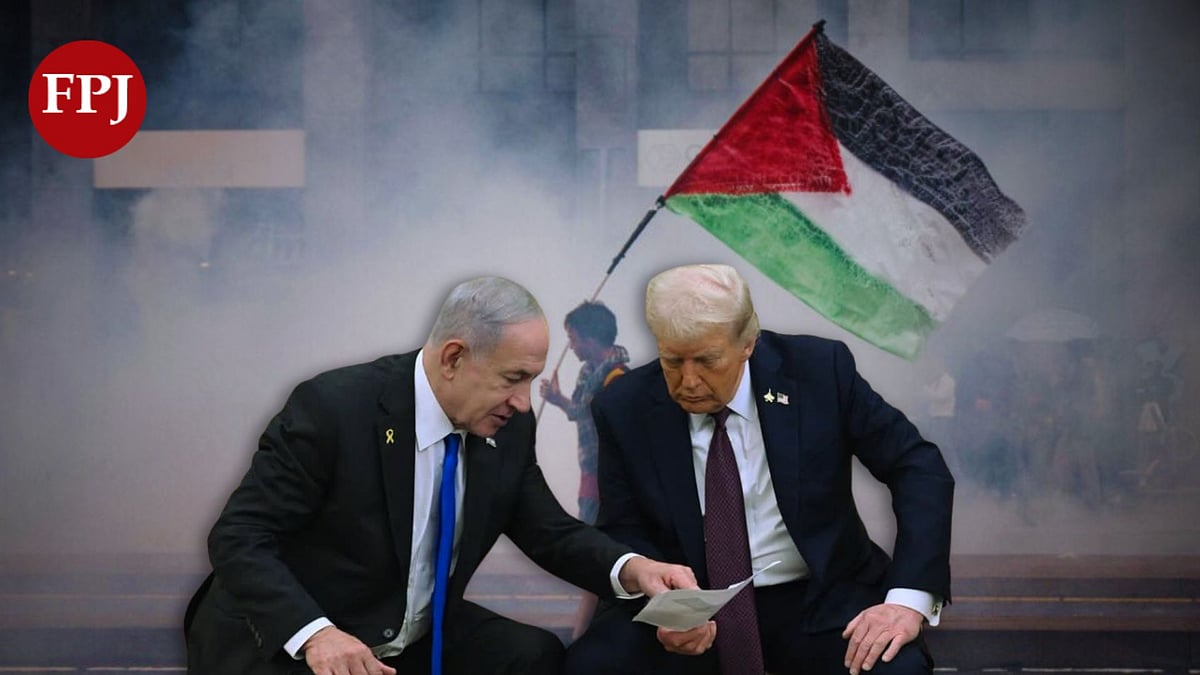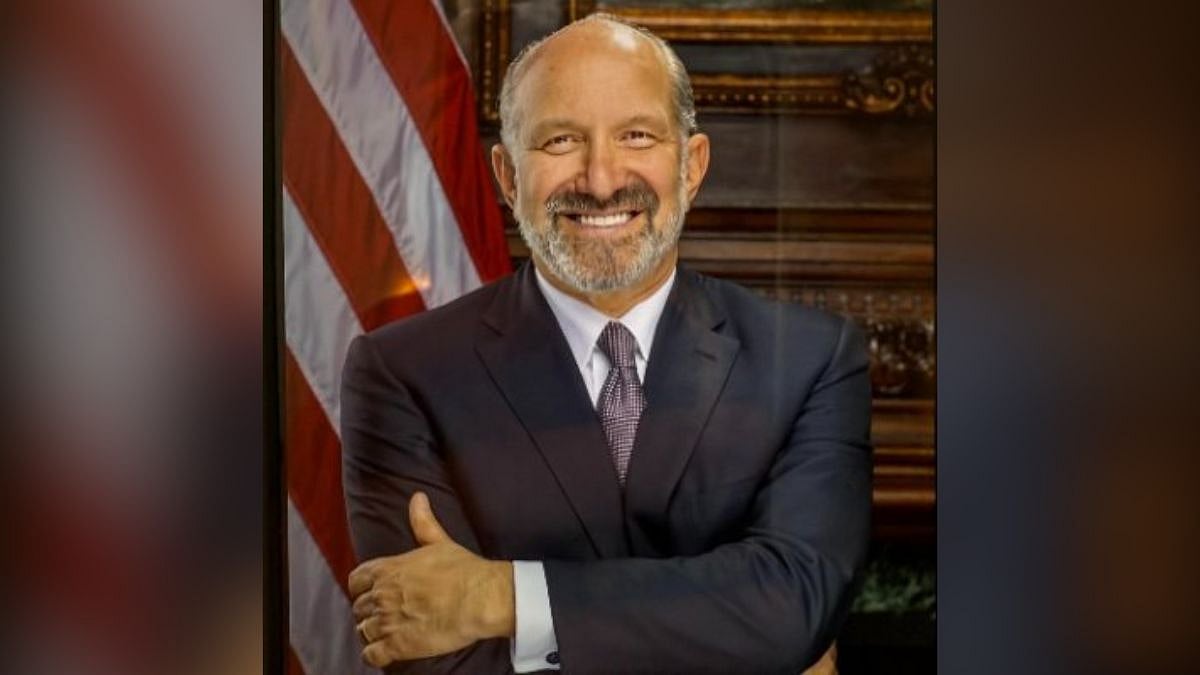The end of World War II, with the signing of the Potsdam Agreement, marked the division of Germany into four occupation zones, which were to be administered by the Allies (France, United Kingdom, the United States and Russia), parting Berlin separately into four little zones as well. The first three formed the western part, creating the Constitution still intact today, and the Russians formed the German Democratic Republic (GDR).
After years of political tension and in the midst of the cold war, on August 13 1961, the eastern socialist part started setting up barbed wire, eventually building a wall — an “Anti-fascist Protection Rampart” as they called it. Everybody, especially in Eastern Germany, still remembers the then First Secretary of the Socialist Unity Party, Walter Ulbricht, declaring: “No one has the intention of building a wall.” As history has shown, those words were to become untrue, and it drastically separated Germany for 28 years.

After years of hard work, on November 11 of 1989, the wall was finally torn down. Some people believe that this was due to Ronald Reagan’s famous speech in June 1987, where he said, “Mr Gorbachev, tear down this wall!. Others believe that it was all because of David Hasselhoff singing, “I’ve been looking for freedom”, right by the wall. In the end, it had a lot to do with the people themselves. Protests claiming more travel freedom and various waves of refugees finally led to the fall on that important Thursday night.
This is where my story comes into play. I was born in East Berlin. In one of the best hospitals and highest buildings located in the city centre with a view to the west. I can’t say I suffered from the socialist state since I was only six when the wall came down. I always had food, a warm bed and a mom who loved me endlessly. But, I remember we were going to take a trip, and one night, I was already in bed, some people came to our home, and the trip got cancelled.
A few days later, my mom still decided to take that trip with me. We packed two suitcases and off we went. It was a long train ride, and we ended up in the German Embassy in Prague. After staying for a few nights at a Red Cross Camp, we reached a family’s home in West Germany. After the wall came down, we eventually went back to Berlin, where I grew up on the former west side, just ten minutes from where I was born.
Since the date of the actual fall of the wall is heavily burdened by other big events in German history which should be remembered but don’t call for a celebration, such as the Night of Broken Glass in 1938, today’s celebrated date in Germany is when the reunification was formally completed. It’s a main public holiday with lots of outdoor events and celebrations.
Though reunited for so long, the country still shows big differences in the living standards between east and west. It’s upon the new government, to be formed after the recent very narrow elections, to keep on building on a truly reunified and strong country.
